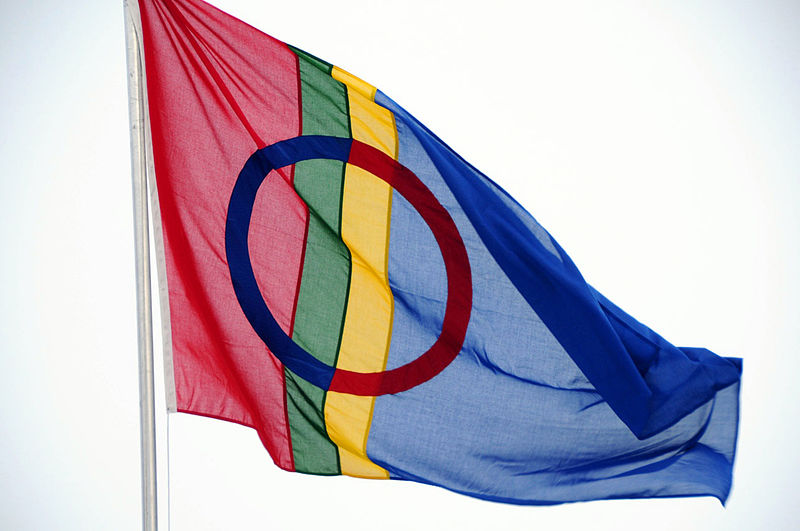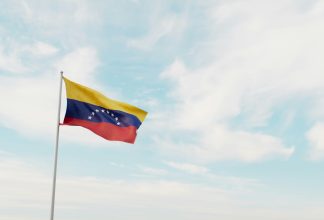Civil Rights Defenders Criticises the Swedish Government’s Statements in the Girjas Case

During yesterday’s court proceedings in the highlighted Girjas Case in Sweden’s Supreme Court, the Chancellor of Justice stated, among other things, that “the fact that the Sami enjoys legal status as an Indigenous People has no relevance to this case”. Furthermore, the Chancellor of Justice, representing the Swedish State, stated that “Sweden has no international obligations to recognise any special rights for the Sami as an Indigenous People”.
The statement is in stark contrast to what may be considered a general and widespread view on Sweden’s human rights obligations. The statement also raises questions about the uniformity of the State policy line on Indigenous Rights. Civil Rights Defenders is therefore very critical towards the statement made by the Chancellor of Justice.
There are international human rights obligations that the Swedish judiciary system must guarantee the Sami People, as follows from their indigenous status. This is implied by international conventions that Sweden has ratified, and in the UN Declaration on the Rights of Indigenous Peoples which, in part, constitutes international customary law. In reality, the Swedish state regularly relates to these obligations. International obligations toward the Sami People are mentioned in Swedish legal history (förarbeten), e.g. to the Instrument of Government (as part of the Swedish constitution). In addition, one can find ambitious writings in state reports that have been handed to international bodies that monitor the measures that Sweden takes to live up to its international human rights obligations regarding the Sami People.
The fact that a State is involved in a judicial process against an Indigenous people, who has significantly less resources, and that relates to land rights in Sami traditional territory, is controversial in itself considering the international attention that is put on states’ responsibilities for historical and contemporary oppression of Indigenous culture. The State line in the Girjas case, which begun when the Girjas reindeer herding district filed suit, has been to question statements regarding land use and land rights. The case shines a spotlight on historical documents that have emerged in an era when State politics and laws were based on the discriminatory view that the Sami People had lesser value than the majority population. The fact that aspects of the Swedish legal system have been internationally criticised for discrimination against the Sami in cases of land and water rights, as well as that Sweden generally provides inadequate protection for Indigenous land rights, makes the Girjas case additionally problematic from a human rights perspective.
The fact that the State in this context denies its international obligations towards the Sami as an Indigenous People in the purpose of, one can only assume, winning the case at any cost is very serious. Particularly since it pertains to a matter of historical Indigenous land rights, which is a fundamental issue to Indigenous rights law. Yesterday’s actions by the Chancellor of Justice can only be interpreted as that the State is aware that the Girjas case relates to human rights for the Sami. And these rights are primary formulated in international obligations that Sweden is bound to comply with.
According to Civil Rights Defenders, the constitutionally recognised legal status of the Sami as an Indigenous People, cannot be ignored in cases involving matters of historical land use within the framework of an indigenous culture. But the Chancellor of Justice’s statement in the Supreme Court proceedings raises questions about what the actional Government position is when it comes to indigenous politics, and why it does not take an overall responsibility for its approach towards the Sami People. Civil Rights Defenders believes that it should be expected that the State’s actions in international fora should be reflected in a court room where issues connected to Sami Indigenous culture is put in focus. This is regardless of how national law defines the legal issues that are raised in the case, and what general challenges that may follow in the relationship between Western legal systems and the collective rights of Indigenous peoples.
Civil Rights Defenders will continue to monitor the State’s actions in relation to the Girjas case. We will furthermore continue to highlight relevant aspects of these actions in upcoming international reviews. We urge the Government to clarify its view on its obligations towards the Sami as an Indigenous People, and to ensure compliance with the international obligations that Sweden, in fact, has.


